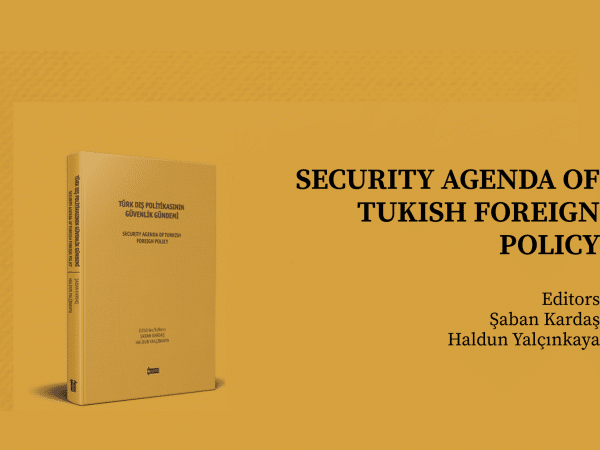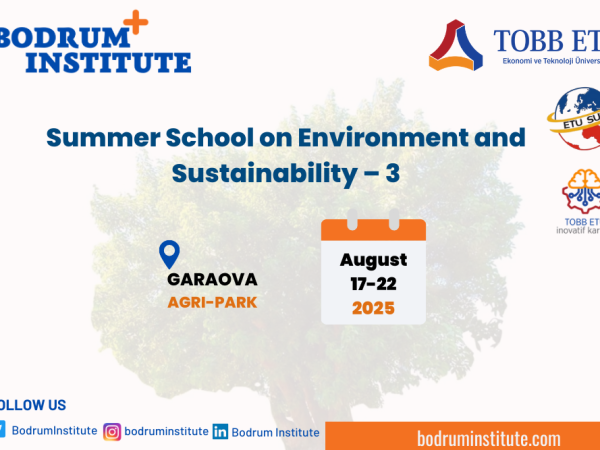Hosted by the Bodrum Institute: The History of Civilizations Through Archaeopolitics
As the Bodrum Institute, we take great pride in hosting yet another interdisciplinary and international learning experience within the framework of the Erasmus+ Blended Intensive Program (BIP), held between April 28 – June 23, 2025, with the participation of universities from various countries.
The program was organized in partnership with TOBB University of Economics and Technology (Türkiye), Eötvös Loránd University (Hungary), Panteion University (Greece), Pázmány Péter Catholic University (Hungary), and the Bodrum Institute.
The course, titled “SUİ 372: The History of Civilizations Through Archaeopolitics,” was jointly conducted by Prof. Dr. Erdem Denk (Ankara University) and Prof. Dr. Haldun Yalçınkaya (TOBB ETÜ).
Radical Transformations from Past to Present
The transformation that the world has undergone in the post-pandemic period has revealed a growing need for deeper historical analysis, particularly from a political science perspective. In this context, the program was structured around two central themes: “Order and Law in Stateless Societies” and “The Invention and Evolution of the State.”
Drawing on data obtained from Neolithic excavations in Anatolia, the program offered a renewed perspective on 50,000 years of human history, bridging contemporary findings in archaeology and anthropology with political theory. Participants had the opportunity to explore the lifestyles and institutionalization processes of ancient societies through both theoretical discussions and field-based learning activities.
A Two-Phase Learning Experience
The program began with 21 hours of online sessions (April 28 – May 9), followed by an on-site module in Bodrum (May 11 – 16). The course combined interactive lectures, field trips, and group projects, providing participants with a dynamic and experiential learning environment.
The program culminated with the submission of academic papers by participants (deadline: June 23), reinforcing the learning outcomes through academic reflection and analysis.
International Participation and Cultural Exchange
Students from diverse academic disciplines came together with instructors representing different intellectual and institutional traditions. This exchange enabled participants to engage in intercultural dialogue, experience varied academic perspectives, and build lasting international connections.
In this sense, the program not only contributed to academic development but also strengthened sustainable collaborations among higher education institutions across Europe.
At the Bodrum Institute, we take great satisfaction in organizing this distinctive program that unites the disciplines of political science and archaeology within a unique conceptual framework. We remain committed to our vision of transforming Bodrum into an intellectual meeting point, and we will continue to develop new educational initiatives in this direction.
2025 Syllabus for SUİ 372 History of Civilizationsthrough Archeopolitics


















